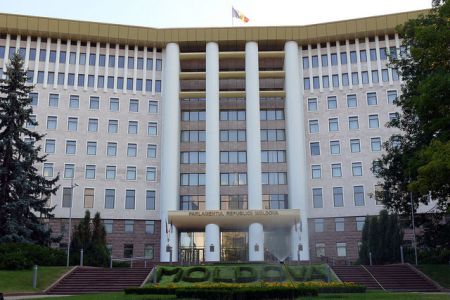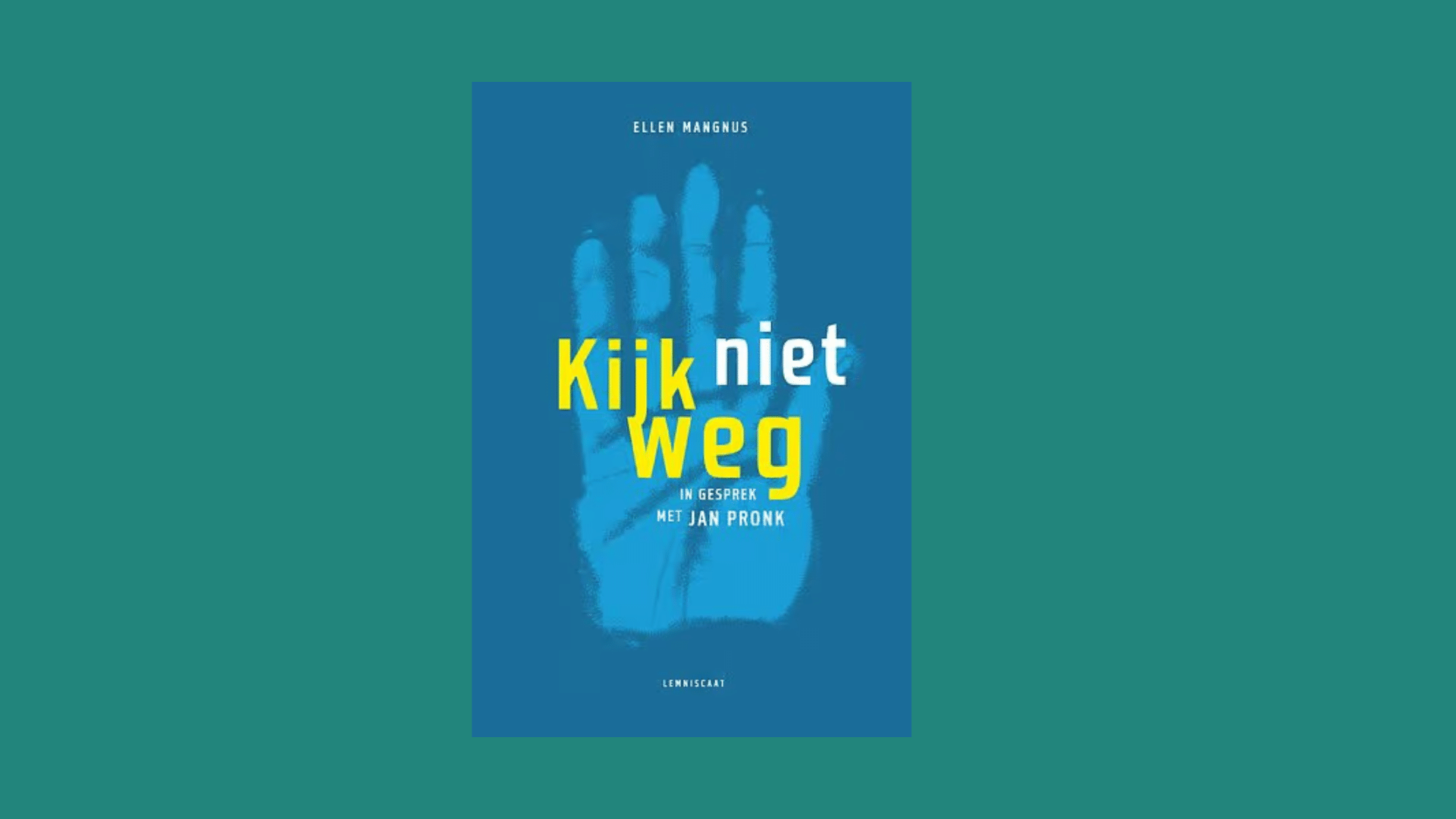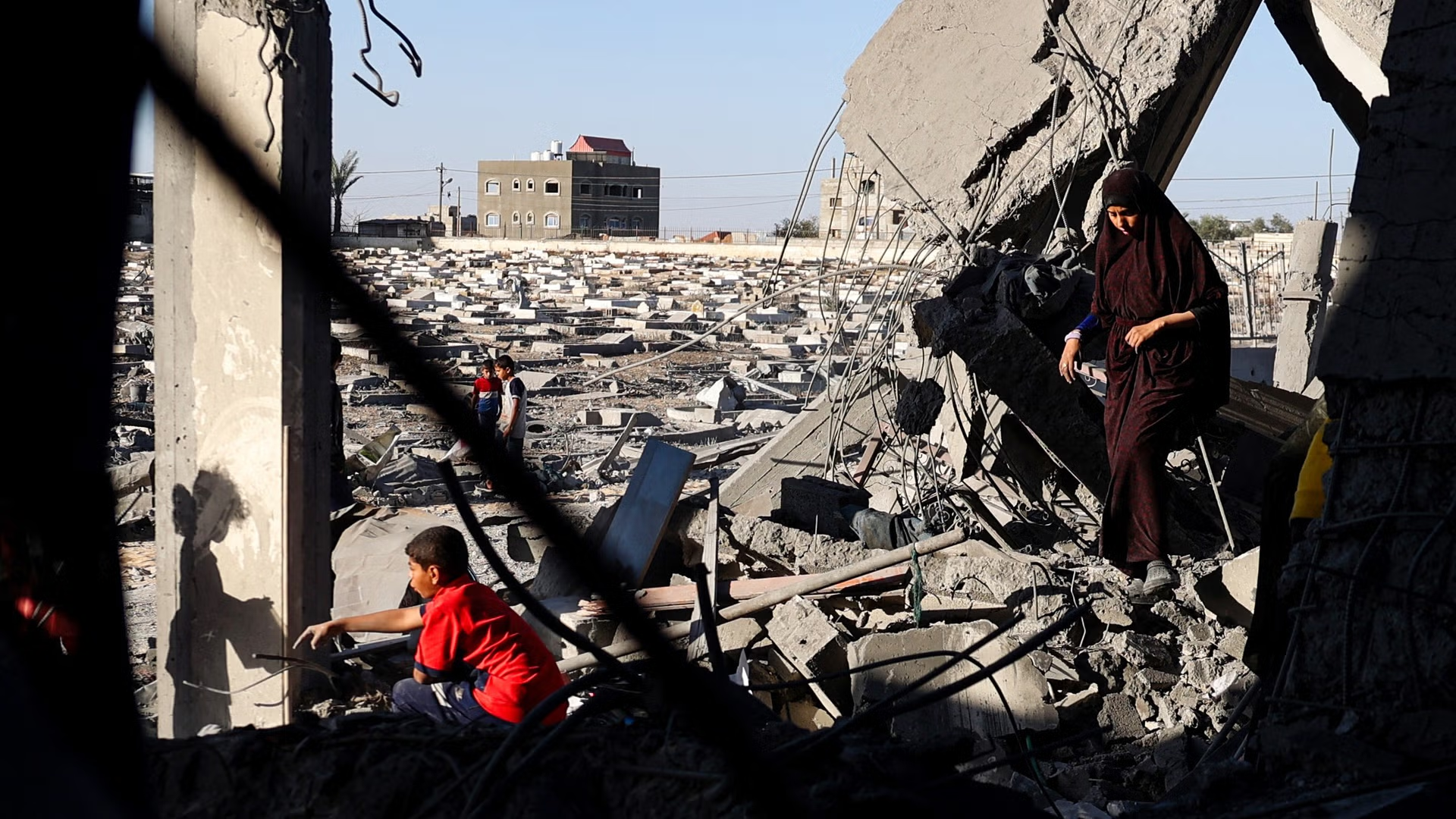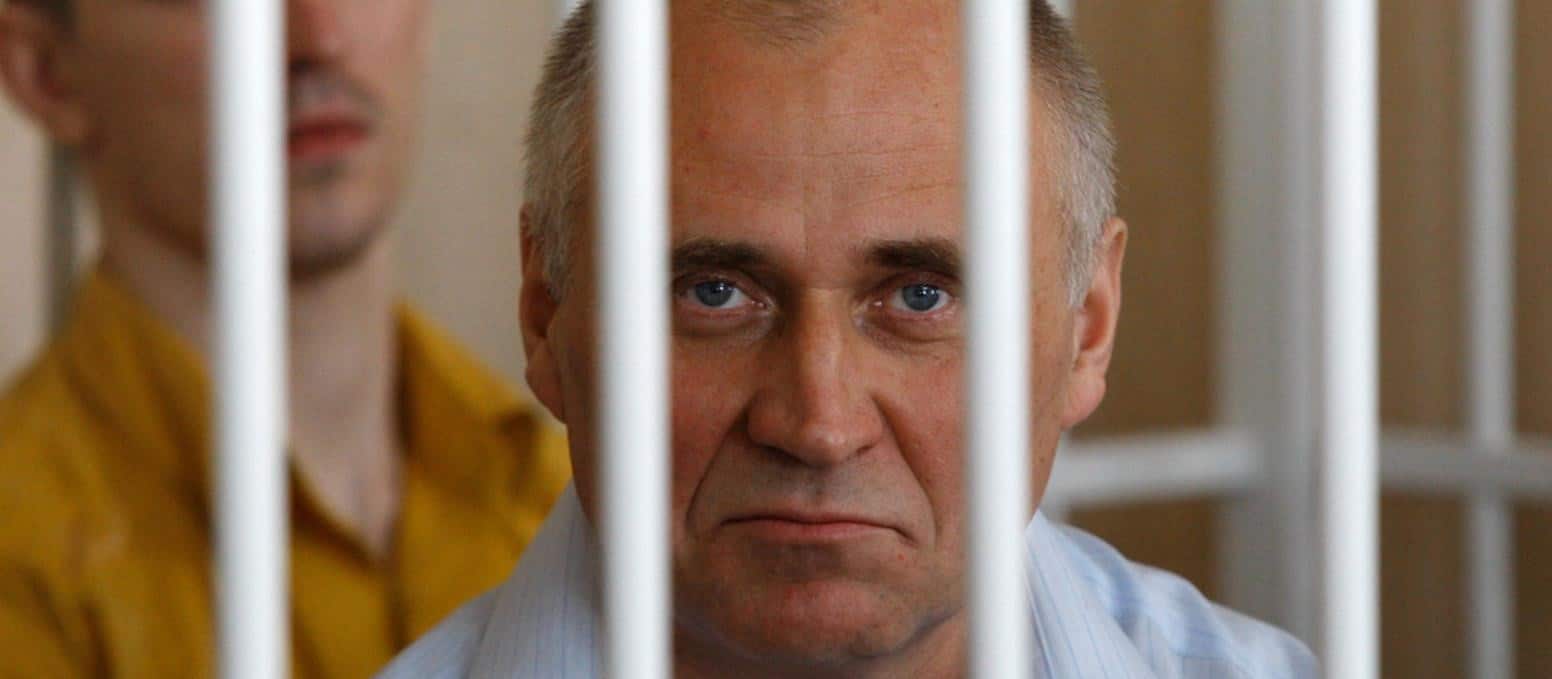On 8 and 9 February, we organised a fact-finding mission to Moldova. In Europe's poorest country struggling with massive corruption, an ongoing conflict between the president and parliament, and a divided population, parliamentary elections are scheduled this autumn. The elections will show whether the pro-Russian president will be able to consolidate his power by winning a majority in parliament, or whether the pro-European parties can convince voters to give them a little longer to implement promised reforms and improvements. So the stakes are quite high, while faith in politics has been declining for years and the popularity ratings of some leading politicians are running into the single digits.
Corruption scandals
Those discussing Moldova will not care about the elephant in the room can: the pervasive corruption, which manifests itself in scandals involving amounts that are hard to fathom. In 2015, for instance, it came to light that a sum worth 1 billion US Dollars (USD) had disappeared from three state banks. This is some 15% of Moldova's GDP, gone up in air. Or the so-called 'Russian laundromat', in which over USD 22 billion of Russian money was laundered in Moldova. It has caused enormous anger and disillusionment among many Moldovans. For instance, news of the bank fraud led to mass protests in 2015, where new opposition leaders emerged who later founded their own parties: Maia Sandu's Action and Solidarity Party (PAS) and Andrei Nastase's Truth and Dignity (DA) Platform.
Investigations into the frauds are under way, and reports have already been published with some findings, but trust in politics is still far away.
Elections
There will be parliamentary elections in Moldova in October or November. Several parties are competing, but the realistic choice seems to be three political directions: President Igor Dodon's pro-Russian Socialist Party, the pro-European Democratic Party, and the opposition campaigning mainly on an anti-corruption platform; the aforementioned Sandu and Nastase. It should be mentioned here that independent NGOs have been saying for years that ideology does not mean much in Moldova, and the campaigns revolve around geopolitical themes. And those themes are also important in a country that, in the eyes of many, has become a playing field for superpowers like Russia, the US and the EU. For years, the government and parliament (apart from the current president) have spoken enthusiastically in favour of a European path of development, with democratisation reforms and far-reaching cooperation with the EU, up to EU membership.
But according to many independent experts, even the geopolitical issues are not the differences that really matter, but are a kind of pageantry to present voters with a clear choice. Behind the scenes, they say, it is all about distributing money and power. This sounds cynical, but it is not crazy if you walk through Chisinau or speak to the opposition and independent experts: what was the best boy in Eastern Europe only a few years ago is now actually a (still) visibly poor country, with little progress. The positive prospects of yesteryear are drowning in successive scandals involving public money and a huge emigration of working Moldovans. As one opposition leader put it, what remains are civil servants and pensioners.
Five to twelve
The disappointment is also evident on the EU side: financial aid programmes have long been frozen, monitoring is tighter. But the EU and European partners do remain in talks with Moldova: everyone fears that if the country steps off the European development path and definitively adopts the 'Russian model', the chances of positive change will become completely nil. That scenario is now more realistic than ever, with the prospect of parliamentary elections in which President Dodon's Socialist Party has good chances of scoring high. Dodon has repeatedly expressed his desire to abandon the far-reaching Association Agreement with the EU, the very agreement that calls for, among other things, democratisation reforms. With parliament under control, nothing will stand in the way of an eastward turn, with the accompanying erosion of freedoms and democracy.
By now, one might wonder if there is actually freedom and pluralism in politics, media and civil society in Moldova. The country has reached a point where financial flows, mostly concentrated in a few sets of hands, largely determine who has the chance to grow and reach a large audience and who does not. Public independent space is shrinking. But however limited, that space is still there. For instance, there are still independent journalists and pundits, and protest leader Maia Sandu was able to secure 48% of votes in the second round of the 2016 presidential election without significant financial capacity. So there is still room for change, but that window of opportunity is already closing down. The more active people leave the more difficult it will be to mobilise or activate those remaining for politics. The more fraud cases and corruption the poorer the country and the more people will leave. As one NGO representative told us, "I am afraid that the country will simply empty out, and there will be no one left to change anything or take care of the remaining elderly. We are heading towards a humanitarian disaster." If Moldova is still to change, that change will have to come very soon. Whether it can is yet to be seen, but the autumn elections will at least show whether there is still energy to work even harder for positive change under these circumstances. Let us hope it is not too late.
Marina Ohanjanyan, Senior Project Manager Eastern Europe and South Caucasus
Photo: Flickr





